European Dividend Aristocrats: The Best European Dividend Stocks
Similar to their American counterparts, the European Dividend Aristocrats offer investors dividend hikes and blue-chip stability.

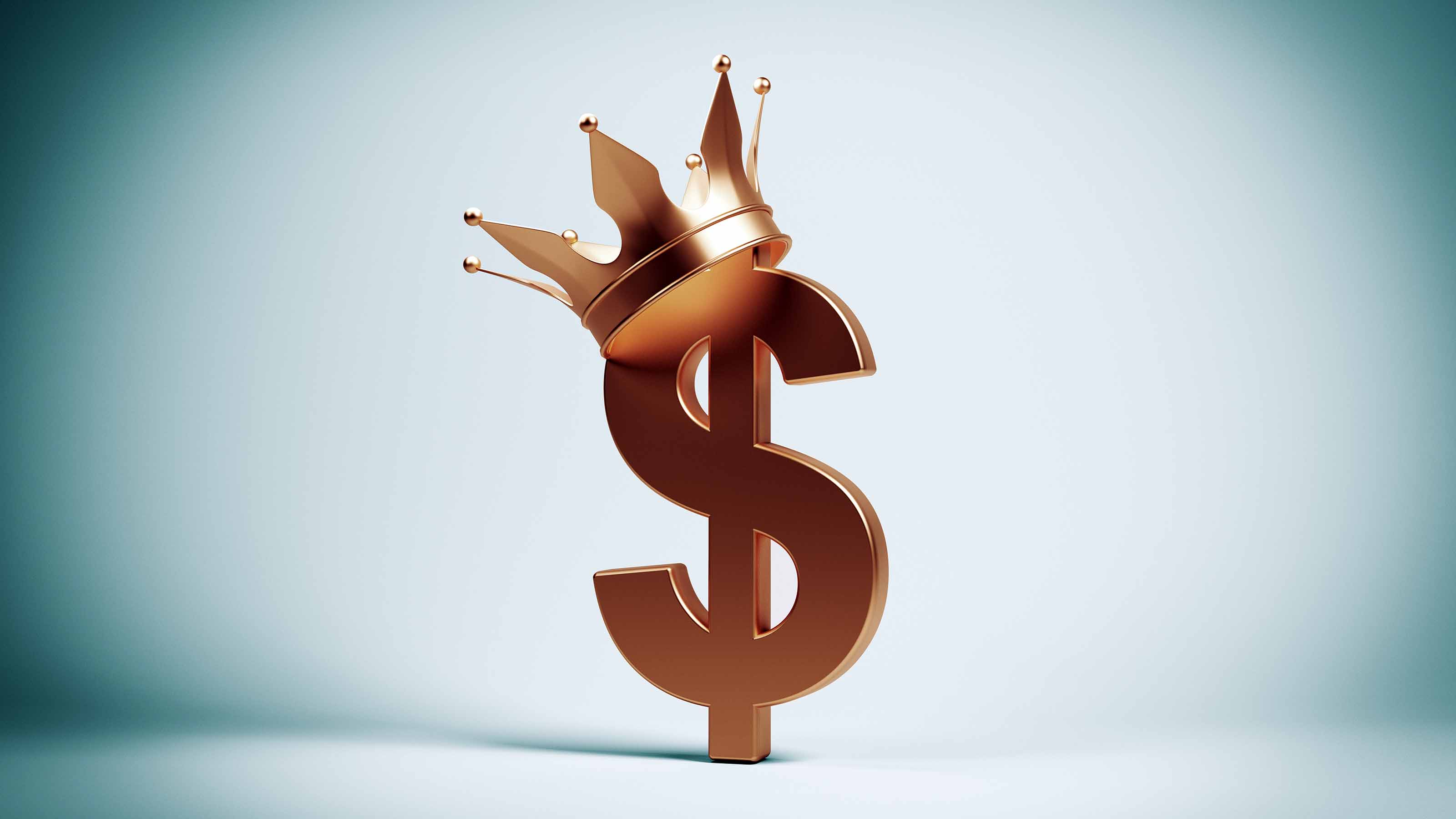
Profit and prosper with the best of Kiplinger's advice on investing, taxes, retirement, personal finance and much more. Delivered daily. Enter your email in the box and click Sign Me Up.
You are now subscribed
Your newsletter sign-up was successful
Want to add more newsletters?

Delivered daily
Kiplinger Today
Profit and prosper with the best of Kiplinger's advice on investing, taxes, retirement, personal finance and much more delivered daily. Smart money moves start here.

Sent five days a week
Kiplinger A Step Ahead
Get practical help to make better financial decisions in your everyday life, from spending to savings on top deals.

Delivered daily
Kiplinger Closing Bell
Get today's biggest financial and investing headlines delivered to your inbox every day the U.S. stock market is open.

Sent twice a week
Kiplinger Adviser Intel
Financial pros across the country share best practices and fresh tactics to preserve and grow your wealth.

Delivered weekly
Kiplinger Tax Tips
Trim your federal and state tax bills with practical tax-planning and tax-cutting strategies.

Sent twice a week
Kiplinger Retirement Tips
Your twice-a-week guide to planning and enjoying a financially secure and richly rewarding retirement

Sent bimonthly.
Kiplinger Adviser Angle
Insights for advisers, wealth managers and other financial professionals.

Sent twice a week
Kiplinger Investing Weekly
Your twice-a-week roundup of promising stocks, funds, companies and industries you should consider, ones you should avoid, and why.

Sent weekly for six weeks
Kiplinger Invest for Retirement
Your step-by-step six-part series on how to invest for retirement, from devising a successful strategy to exactly which investments to choose.
Kiplinger frequently talks about the S&P 500 Dividend Aristocrats – America's dividend-paying champions, with long track records of uninterrupted dividend growth. But today, we're going to dedicate some time to a lesser-known but still renowned group of dividend royalty: the European Dividend Aristocrats.
The S&P Europe 350 Dividend Aristocrats, to be specific, are a group of 40 European blue chip stocks that have a proven ability to raise their payouts year after year. And while they're similar to America's Aristocrats in that they reflect a dividend track record, the index has one important difference.
Namely, the S&P Europe 350 Dividend Aristocrats only need 10 years of uninterrupted dividend growth to qualify for inclusion. That's admittedly much less than the S&P 500 Dividend Aristocrats, which require a full quarter-century of unfettered annual payout improvements.
From just $107.88 $24.99 for Kiplinger Personal Finance
Become a smarter, better informed investor. Subscribe from just $107.88 $24.99, plus get up to 4 Special Issues

Sign up for Kiplinger’s Free Newsletters
Profit and prosper with the best of expert advice on investing, taxes, retirement, personal finance and more - straight to your e-mail.
Profit and prosper with the best of expert advice - straight to your e-mail.
Also noteworthy is that while American dividend payers typically make their cash distributions quarterly, European dividend stocks tend to pay only once or twice a year. And in some cases, those dividends are split unevenly between an interim midyear payment and final end-of-year distribution.
So … why might investors sniff out Europe's dividend royalty when U.S. Aristocrats are required to have a much more impressive track record?
For one, yield. European dividend stocks have for a long time yielded more on average than their U.S. counterparts. According to S&P Dow Jones Indices, the European Dividend Aristocrats' index had an indicated dividend yield of 2.9% – a decent clip higher than the U.S. Aristocrats' 2.5%.
There's also the value proposition.
"It wouldn't surprise [us] if European stocks did a bit better this year," Jason Trennert, chief investment strategist at Strategas, and Ross Mayfield, investment strategy analyst at Baird Private Wealth Management, said earlier this year. "Part of that is just the massive valuation differences between their markets vs ours, but [we would] also note that their indexes tend to be more value-oriented, and we currently have a bias toward value over growth."
Let's take a deeper dive into 10 European Dividend Aristocrats. The companies featured here stand out among European dividend stocks for their rich yields and modest valuations.
Data is as of March 22, unless otherwise indicated. The S&P Europe 350 Dividend Aristocrats listed below are the top 10 constituents of the index as of Jan. 31. Companies are listed by the number of years they've consecutively raised their dividends, from lowest to highest. The index of Dividend Aristocrats is maintained by S&P Dow Jones Indices. Dividend history based on company information and S&P data.
United Utilities Group

- Dividend yield: 4.2%
- Consecutive annual dividend increases: 10
United Utilities Group (UUGRY, $25.50) provides water and wastewater services to more than 3 million homes and businesses in England's northwest, which includes Greater Manchester, Merseyside, Cheshire and Cumbria, among other areas.
Utility stocks are pretty much the same world-round: You can rely on them for slow but steady growth over time. Not to mention, they're dependable dividend stocks. United Utilities has been paying its shareholders since 1990, and its current dividend-growth streak sits at a decade. Its most recent payout hike was a 1% year-over-year bump across its interim and final payouts in 2022.
Would-be investors in the European Dividend Aristocrats should know that the company is going through a leadership transition. UUGRY announced last year that CEO Steve Mogford would step down in early 2023, and this year, United Utilities announced his departure would come on March 31. Louise Beardmore, formerly the customer service and people director, has become UUGRY's CEO designate.
Sika
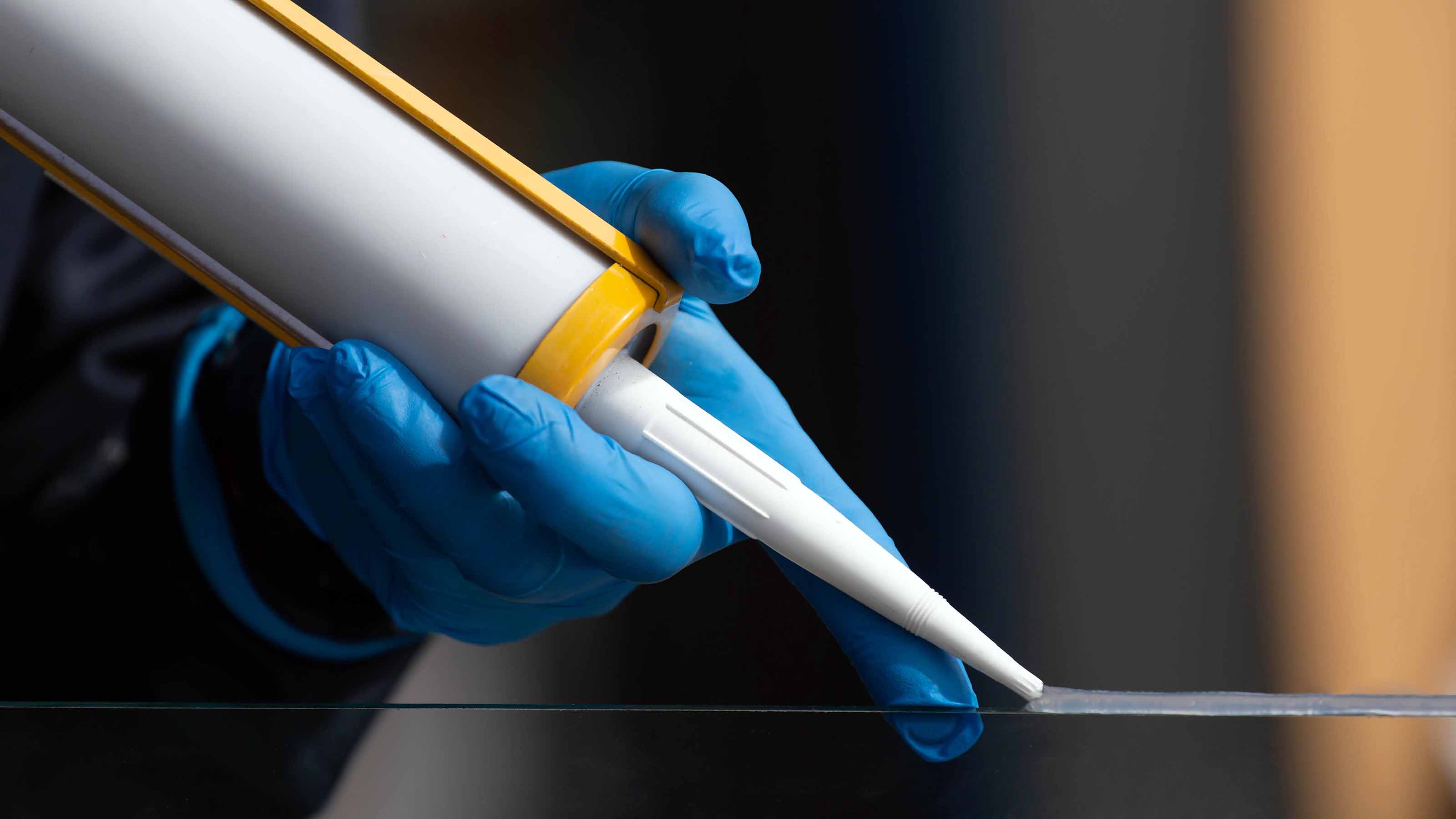
- Dividend yield: 2.3%
- Consecutive annual dividend increases: 11
Sika AG (SXYAY, $27.93) is a Swiss multinational specialty chemicals company that develops systems and products for the building and motor vehicle industries. So, for example, its automotive-focused products include exterior adhesives, paint shop sealants and body shop structural inserts. And its building products go into the production of windows, doors, flooring, facades and more.
A potential growth opportunity for Sika is the decarbonization of those two industries. For instance, in 2021, the company announced it had developed concrete admixtures using Limestone Calcined Clay Cement (LC3) technology, which lowers CO2 emissions. And its crash-resistant SikaPower structural adhesives help reduce not just car weight, but welding points in auto production, lowering energy input.
CFRA analyst Adrian Ng became more positive on the name in February: "We raise our recommendation on Sika to Buy from Hold with a higher target price of CHF315 (CHF270) … on the group's fast improving margins and better-than-expected activity in the construction industry," he wrote. "With strong results through 2021 and 2022, we turn more positive on Sika given the better-than-expected construction activity around the world going into 2023."
Sika is a member of the S&P Europe 350 Dividend Aristocrats by merit of 11 consecutive annual dividend increases. That includes a nice 10% upgrade to the payout in 2022, to 3.2 Swiss francs per share.
Smurfit Kappa Group

- Dividend yield: 3.7%
- Consecutive annual dividend increases: 11
Ireland-based Smurfit Kappa Group (SMFKY, $36.48) is one of the world's largest paper packaging companies. Its list of products ranges from basic cardboard boxes and beer bottle carriers to confectionary cushion pads and adhesive and sealant cartridges.
The company enjoyed a banner 2022 that saw revenues jump 27% to 12.8 billion euros and earnings before interest, taxes, depreciation and amortization (EBITDA) soar 38% to 2.35 million euros. This all was despite slightly lower box volumes, which the group somewhat chalked up to "the partial reversal of the unsustainably high demand levels seen throughout the pandemic period."
That allowed Smurfit to approve a 12% YoY increase in the final 2022 dividend, to 107.6 euro cents per share. (Note: The interim dividend of 31.6 euro cents per share was 8% better than 2022's interim payout.) That raise marked 11 straight years of higher cash distributions for shareholders.
DSV

- Dividend yield: 1.0%
- Consecutive annual dividend increases: 12
Danish transport and logistics company DSV (DSDVY, $92.11) gets things from A to B in just about every conceivable way. The company's solutions include any type of road transport, from local to international; rail freight; sea freight; air freight; and courier services. It even has tailored solutions for "oversized or complex cargo," boasting that it once transported a 35-meter transition piece for the Sheringham Shoal wind farm off the east coast of England.
On top of that, DSV also tackles logistics solutions such as warehousing and fulfillment.
2022 was a big year for DSV, which finalized the integration of Agility's Global Integrated Logistics business (GIL). This helped drive growth in gross profits (35%) and EBIT (47%) for its Solutions division. Overall, EBIT grew by 48% year-over-year in 2022.
As a result, the board approved a big 18% jump in the dividend, to 6.5 Danish krones per share – the firm's 12th consecutive payout increase, keeping up DSV's membership in the European Dividend Aristocrats.
Geberit

- Dividend yield: 2.4%
- Consecutive annual dividend increases: 12
Sanitary technology group Geberit (GBERY, $54.98) deals in one of the least glamorous rooms in the home.
Geberit develops systems for wall-hung toilets, urinals and bidets, floor-mounted toilets, sink traps, tub fillers, flush plates, remote flush buttons and more. (And even urinals have reached the 21st century – the Geberit Control app allows you to program, monitor and maintain the company's Type 10 and Type 50 urinal plates!)
Unlike a few of the other European Dividend Aristocrats on this list, Geberit didn't enjoy a boffo 2022; profits were off slightly thanks to high raw material and energy prices, and EBITDA was down 15% year-over-year. Still, the company approved its 12th consecutive dividend increase – a modest 1% improvement to 12.6 Swiss francs per share.
Ashtead Group
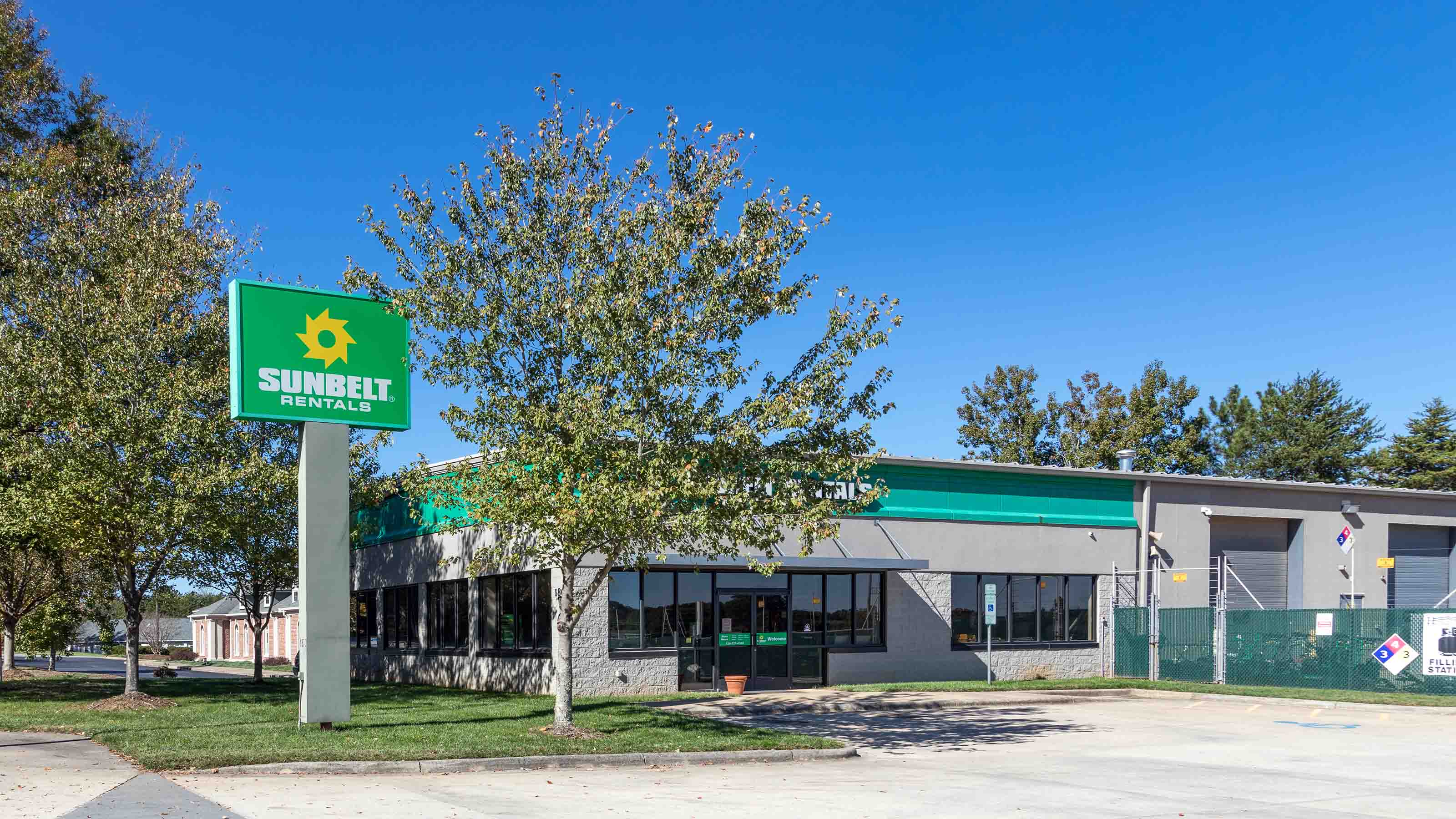
- Dividend yield: 1.3%
- Consecutive annual dividend increases: 15
Ashtead Group PLC (ASHTY, $251.05) is another decidedly unglamorous company, renting out construction and industrial equipment in the U.S., U.K. and Canada under the Sunbelt Rentals brand.
Even if you haven't heard of it, it's a massive player. With 1,056 stores in 48 states, it's the second-largest equipment rental company in North America. It also has another 113 stores in Canada, giving it an 8% market share there. And its 184-store U.K. division is the top dog there.
Ashtead's fortunes have turned brighter of late, prompting an upgrade by CFRA. "In the first nine months of FY23, AHT added 120 locations in North America. Management has upgraded FY23 guidance to 21%-23% rental revenue growth (from 18%-21%) and capex guidance to $3.5-$3.7 billion (from $3.3- $3.6 billion) but maintain free cash flow at around $300 million," says analyst Alan Lim Seong Chung. "AHT is now a Buy as we expect strong revenue growth of >20% in FY23 to more than offset the marginal EBITDA margin decline."
ASHTY provided a jumbo-sized dividend increase last year, with its 57.28-pence full-year dividend coming in a whopping 64% better than the prior-year's payout. That also marked 15 consecutive years of uninterrupted distribution growth for the European Dividend Aristocrat.
Fresenius Medical Care
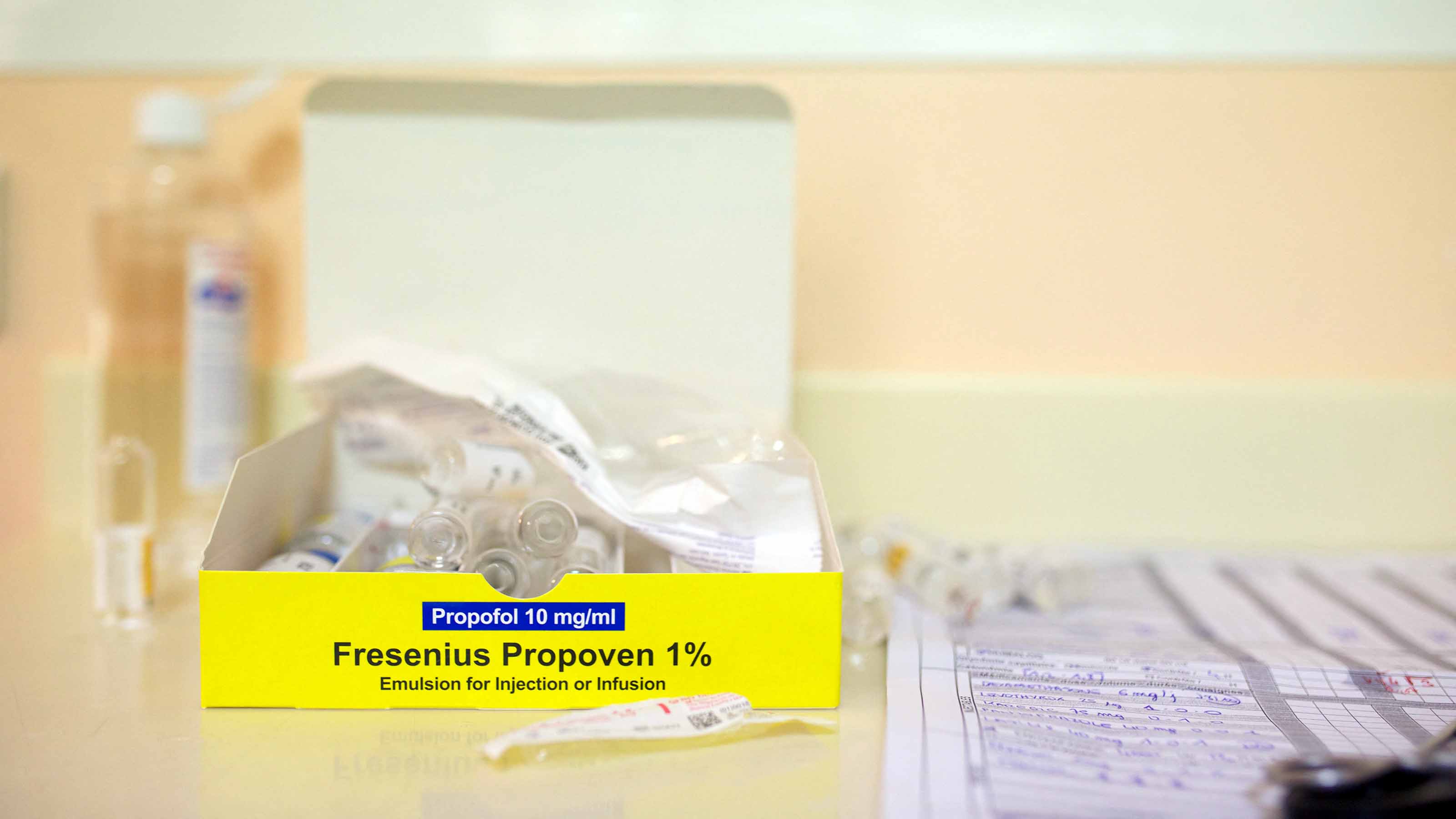
- Dividend yield: 3.5%
- Consecutive annual dividend increases: 25
Were Fresenius Medical Care (FMS, $20.06) a member of the S&P 500, it would be eligible for U.S. Dividend Aristocracy given its quarter-century of annual dividend growth.
Germany-based Fresenius Medical Care is the world's top provider of products and services for people with renal diseases (read: kidney ailments). The company boasts some 345,000 patients across its 4,100-plus dialysis clinics in roughly 150 countries.
Truist analyst David MacDonald recently weighed in on an improving environment for the stock:
"FMS has a number of strategic initiatives in place to help streamline the business, improve margins and increase returns," he says. He maintains a Hold rating on the stock, but he notes that "while the environment remains difficult and execution is key, we have raised our target to $22 (vs. prior $17) to reflect some improvement in headwinds and announced initiatives, which should aid performance."
The company's 25th consecutive dividend was OK'd in 2022 – an admittedly token increase of less than 1% to 1.35 euros per share. Still, FMS generates plenty of income, doling out a large 3%-plus yield that's roughly two times what the S&P 500 offers.
Novo Nordisk
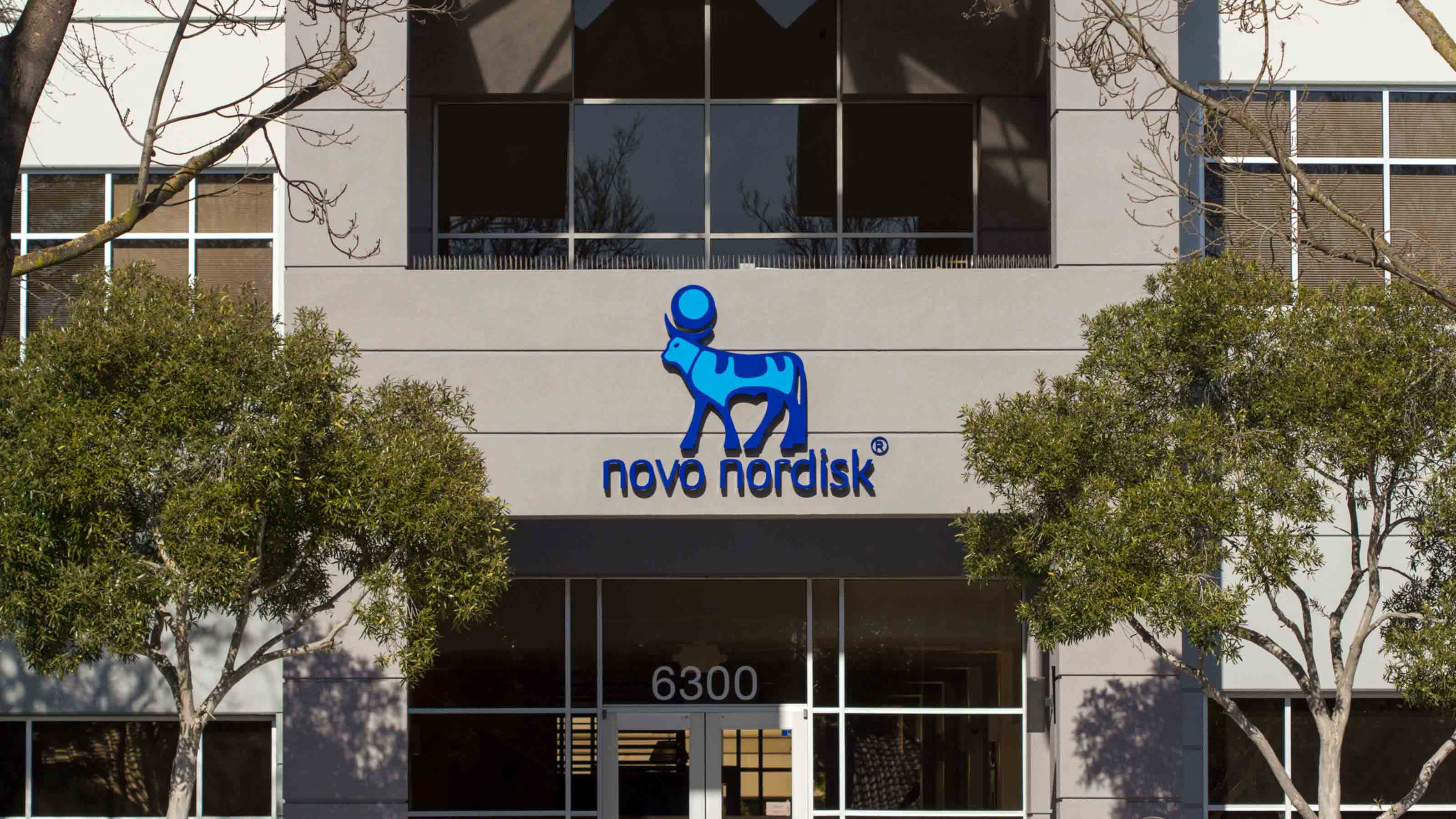
- Dividend yield: 1.9%
- Consecutive annual dividend increases: 26
For Americans, Novo Nordisk (NVO, $147.29) might be among the most recognized of the European Dividend Aristocrats. It boasts numerous diabetes medicines (including more than a dozen different insulins), as well as treatments for hemophilia, growth disorders and obesity. Novo Nordisk also offers several hormone treatment therapies.
One of Novo's most potent drivers is Wegovy – an obesity treatment competing with the likes of Eli Lilly's (LLY) Mounjaro. "While Mounjaro continues to grow slowly, Novo's Wegovy has seen rapid uptake over the past two weeks, increasing 15.1% this week and 7.2% the previous," BMO Capital Markets analyst Evan David Seigerman recently noted. Last year, Novo doubled its 2025 sales target for obesity medicines in part because of strong optimism in Wegovy.
Healthcare stocks like Novo are much like utilities and consumer staples in that their products are always in demand, no matter the economic environment. That helps them pay steady and rising dividends – and Novo is no exception. The company has delivered 26 consecutive annual dividend increases so far. And during its Q4 2022 earnings call, the company said that at its March 23 annual general meeting, it will propose a final dividend of 8.15 kroner for a total 2022 dividend of 12.44 kroner – a 19% year-over-year increase. That would mark NVO's 27th year of higher payouts.
Fresenius SE
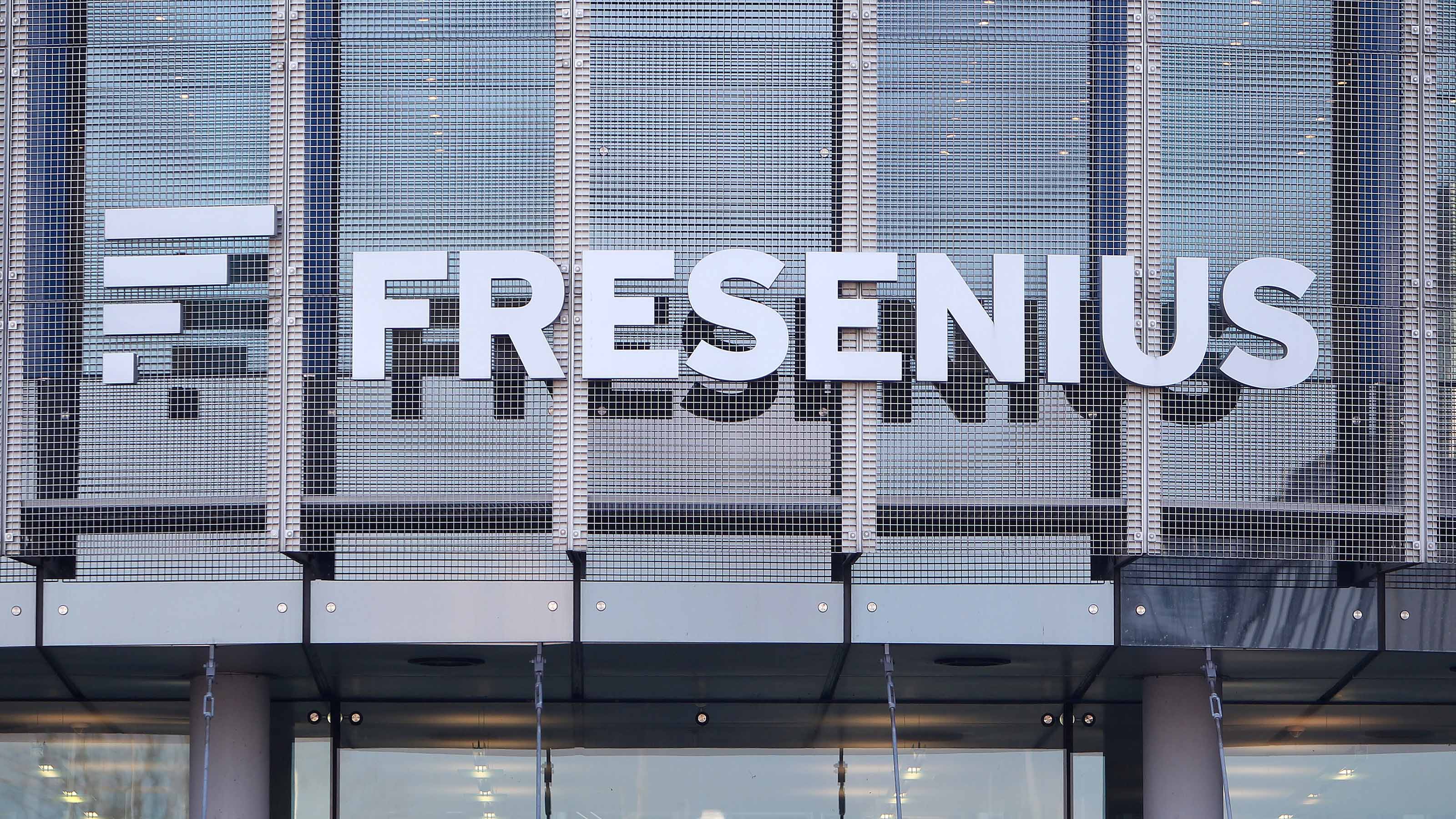
- Dividend yield: 3.7%
- Consecutive annual dividend increases: 29
If Fresenius SE (FSNUY, $6.52) sounds a little familiar … well, it should. It bears the same name as its previously mentioned division: Fresenius Medical Care.
Fresenius owns a roughly 32% stake in FMC. And, as of right now, FMC is considered one of Fresenius's subsidiaries – but the company plans to change that within a few months, deconsolidating FMC into a German stock corporation.
There'll be plenty of company left, though. Fresenius's other divisions includes Fresenius Helios, Germany's largest hospital operator; Fresenius Kabi, which supplies drugs, medical devices and clinical nutrition products; and Fresenius Vamed, a healthcare facility manager.
Like many other European dividend stocks, Fresenius SE tries to link its dividend to its profits, broadly maintaining a payout ratio of 20% to 25%. Last year, the company approved a 5% hike to the payout, to 92 euro cents per share – putting it one year away from three decades' worth of consecutive dividend hikes. It also started offering a scrip dividend, which allows investors to receive dividends in the form of new shares.
SAP
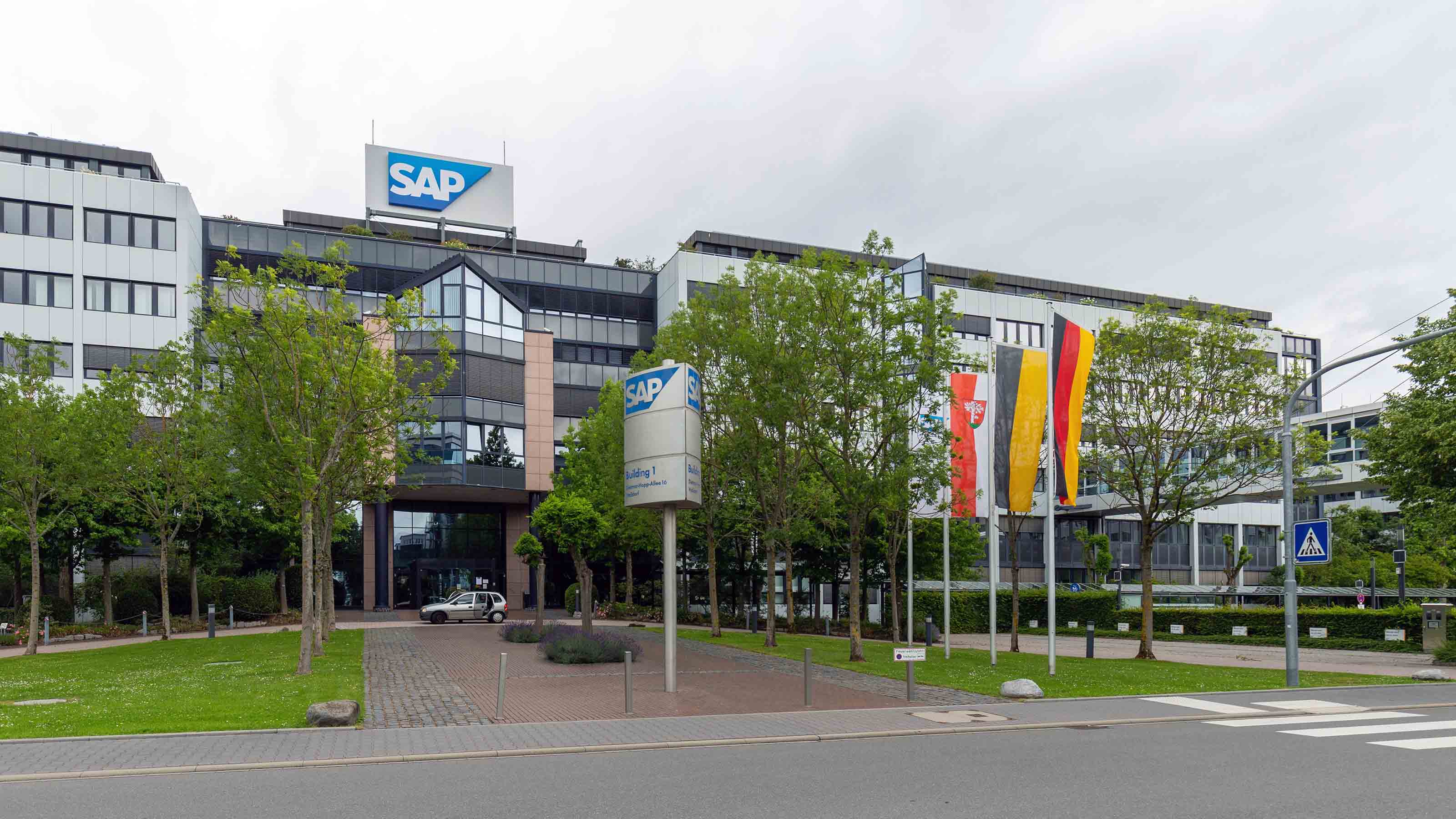
- Dividend yield: 1.7%
- Consecutive annual dividend increases: 30
Another of the European Dividend Aristocrats with some brand awareness in the states is German multinational software company SAP (SAP, $123.48).
SAP's solutions span financial management, business technology, customer relationship management, enterprise resource planning, supply chain management and more. And SAP is everywhere – the firm notes its customers include 99 of the 100 largest companies in the world and generate 87% of total global commerce ($46 trillion).
The tech stock has a decent bull camp among the analyst crowd, though Argus Research's Joseph Bonner (Hold) offers up a warning.
"As SAP moves past the fallout on its business from the Russia-Ukraine war, it continues to confront a shaky macroeconomic environment leading to hesitant technology customers," he says. "SAP has set ambitious targets over the next few years even as the business environment remains uncertain."
Regardless, SAP is one of the best dividend growth stocks and its payout should continue to grow. Its supervisory and executive boards have recommended a 5% increase to the dividend, to 2.05 euros per share. Shareholders will have their say during the annual meeting on May 11.
Profit and prosper with the best of Kiplinger's advice on investing, taxes, retirement, personal finance and much more. Delivered daily. Enter your email in the box and click Sign Me Up.
Kyle Woodley is the Editor-in-Chief of WealthUp, a site dedicated to improving the personal finances and financial literacy of people of all ages. He also writes the weekly The Weekend Tea newsletter, which covers both news and analysis about spending, saving, investing, the economy and more.
Kyle was previously the Senior Investing Editor for Kiplinger.com, and the Managing Editor for InvestorPlace.com before that. His work has appeared in several outlets, including Yahoo! Finance, MSN Money, Barchart, The Globe & Mail and the Nasdaq. He also has appeared as a guest on Fox Business Network and Money Radio, among other shows and podcasts, and he has been quoted in several outlets, including MarketWatch, Vice and Univision. He is a proud graduate of The Ohio State University, where he earned a BA in journalism.
You can check out his thoughts on the markets (and more) at @KyleWoodley.
-
 Quiz: Do You Know How to Avoid the "Medigap Trap?"
Quiz: Do You Know How to Avoid the "Medigap Trap?"Quiz Test your basic knowledge of the "Medigap Trap" in our quick quiz.
-
 5 Top Tax-Efficient Mutual Funds for Smarter Investing
5 Top Tax-Efficient Mutual Funds for Smarter InvestingMutual funds are many things, but "tax-friendly" usually isn't one of them. These are the exceptions.
-
 AI Sparks Existential Crisis for Software Stocks
AI Sparks Existential Crisis for Software StocksThe Kiplinger Letter Fears that SaaS subscription software could be rendered obsolete by artificial intelligence make investors jittery.
-
 Stocks Make More Big Up and Down Moves: Stock Market Today
Stocks Make More Big Up and Down Moves: Stock Market TodayThe impact of revolutionary technology has replaced world-changing trade policy as the major variable for markets, with mixed results for sectors and stocks.
-
 Small Caps Step Up, Tech Is Still a Drag: Stock Market Today
Small Caps Step Up, Tech Is Still a Drag: Stock Market TodayEarly strength gave way to AI skepticism again as a volatile trading week ended on another mixed note.
-
 AI Unwind Takes 2% Off the Nasdaq: Stock Market Today
AI Unwind Takes 2% Off the Nasdaq: Stock Market TodayMarkets are paying more and more attention to hyperscalers' plans to spend more and more money on artificial intelligence.
-
 Strong Jobs Report Leaves Markets Flat: Stock Market Today
Strong Jobs Report Leaves Markets Flat: Stock Market TodayInvestors, traders and speculators are taking time to weigh the latest labor market data against their hopes for lower interest rates.
-
 Dow Hits New High Ahead of January Jobs Report: Stock Market Today
Dow Hits New High Ahead of January Jobs Report: Stock Market TodayA weak reading on December retail sales was in focus ahead of Wednesday's delayed labor market data.
-
 Tech Stocks Fuel Strong Start to the Week: Stock Market Today
Tech Stocks Fuel Strong Start to the Week: Stock Market TodayThe blue-chip Dow Jones Industrial Average extended its run above 50,000 on Monday and there are plenty of catalysts to keep the 30-stock index climbing.
-
 Dow Adds 1,206 Points to Top 50,000: Stock Market Today
Dow Adds 1,206 Points to Top 50,000: Stock Market TodayThe S&P 500 and Nasdaq also had strong finishes to a volatile week, with beaten-down tech stocks outperforming.
-
 Stocks Sink With Alphabet, Bitcoin: Stock Market Today
Stocks Sink With Alphabet, Bitcoin: Stock Market TodayA dismal round of jobs data did little to lift sentiment on Thursday.
